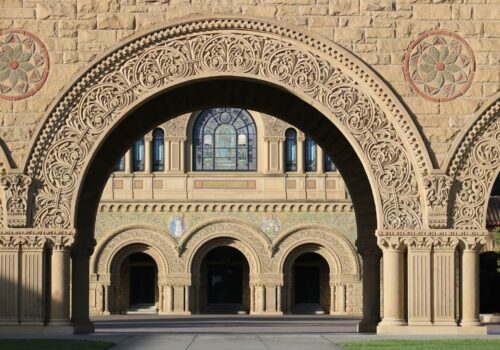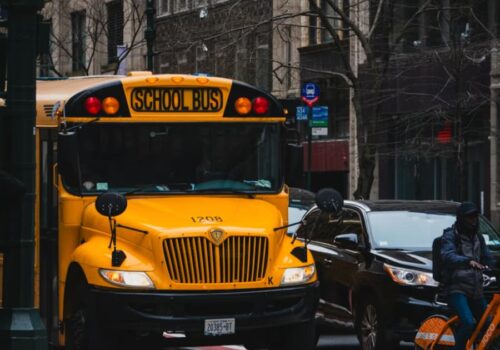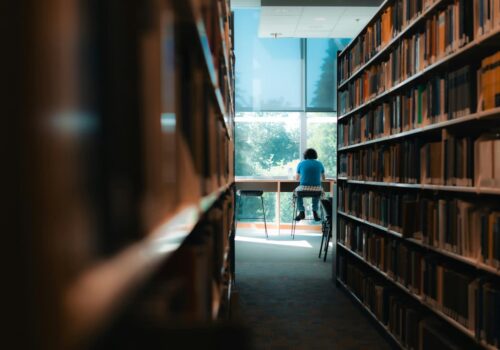Dissertations in Arts Education: When Educators Become Researchers
The occupation of teachers in arts education is changing, and many of them are now doing research while they teach. This change shows how practice-based research, which connects classroom practice and academic study, is becoming more important. By doing dissertation study, teachers not only improve the way they teach, but they also bring new ideas to the field. Teachers are active participants in academic discourse because they have two roles that improve teaching and theoretical learning.
The Emergence of Educator-Researchers
The concept of educators engaging in research within their teaching practice has evolved significantly over time. Historically, teachers were primarily considered implementers of established curricula. However, the late 20th century marked a shift towards recognizing teachers as reflective practitioners capable of conducting meaningful research to enhance their instructional methods.
Motivations for educators to pursue doctoral research are multifaceted. Many seek to deepen their understanding of pedagogical theories, address specific classroom challenges, and contribute to curriculum development. Personal growth, professional advancement, and the desire to influence educational policy also drive educators towards doctoral studies.
Engaging in research has a profound impact on educators’ professional development. It fosters a culture of continuous learning, critical reflection, and evidence-based practice. Educators who conduct research often report increased confidence, improved teaching strategies, and a greater sense of agency in their professional roles. Moreover, their research contributes to the broader educational community by providing insights that can inform policy and practice.
Methodological Approaches in Arts Education Dissertations
Arts education dissertations use various research methods to address the complex interaction between art and pedagogy. Ethnography, case studies, and narrative inquiry capture educators’ and learners’ complex experiences. Using these methods, researchers can examine cultural and contextual factors affecting arts education practices. Quantitative tools like surveys and experimental designs measure student engagement and learning outcomes, providing statistical insights into educational initiatives. Mixed methods research uses qualitative and quantitative tools to provide a full understanding of complicated research problems.
Arts education now emphasizes arts-based research, including a/r/tography. A/r/tography integrates artist, researcher, and teacher roles to facilitate a comprehensive inquiry process that mirrors creative educators’ lived experiences. This approach emphasizes artistic creativity and pedagogical reflection, enabling a dynamic study of arts-based teaching and learning. A/r/tography captures the complexity of arts education through visual, performative, and narrative inquiry, delivering deep, embodied understandings that traditional methods may miss.
Challenges and Opportunities in Conducting Research
Educators transitioning into research roles often encounter challenges, notably balancing teaching responsibilities with research demands. The dual role can lead to increased workload and stress, making time management a critical skill.
Support from institutions is essential for making it easier for teachers to do study. Educators’ ability to do good research can be greatly affected by their access to resources like study funding, mentorship programs, and professional development chances. A good research environment also needs laws that support research and a culture that values research contributions.
Research generates new ideas and collaboration methods. Teachers can improve learning by creating new methods and lessons. Research programs foster collaboration between fields. Teachers can expand their knowledge and professional networks by working with peers from other areas.
Case Studies: Impactful Dissertations in Arts Education
Several educator-led dissertations have significantly influenced arts education practices by shaping curriculum development, enhancing student engagement, and informing policy decisions.
A significant study from Kampala International University investigated at how to include visual arts, music, and drama in elementary and high school. The study used a mix of methods and found that students participating in creative arts activities were more interested, flexible, and had better learning results. The research focused on how arts-based learning can change things and pushed for more creative arts to be taught in schools to help all students grow in all areas of their lives.
Another influential dissertation examined how arts education affects Boston Public Schools student engagement and climate. The study found that arts course-taking boosted students’ self-assessed academic engagement and school atmosphere across eleven years. According to these findings, arts education improves student well-being and the educational environment.
Implications for the Future of Arts Education
Integrating research into teaching practices can reshape arts education by encouraging reflective, evidence-based instruction. When educators conduct research, they enhance their pedagogy, develop responsive curricula, and better engage students. These efforts improve classroom practice and produce insights that can inform educational policy and reform. Educator-led research ensures that changes reflect real teaching contexts. To support this shift, institutions must cultivate a culture that values teachers as researchers, providing resources, training, and recognition. Sustaining such a culture will ensure arts education evolves through grounded, practice-informed innovation.




